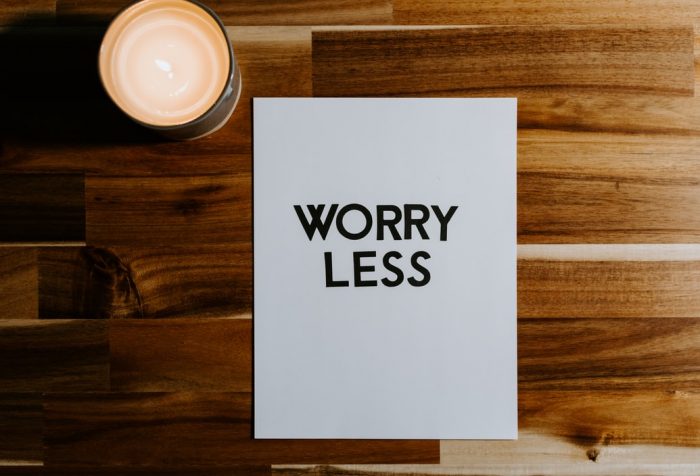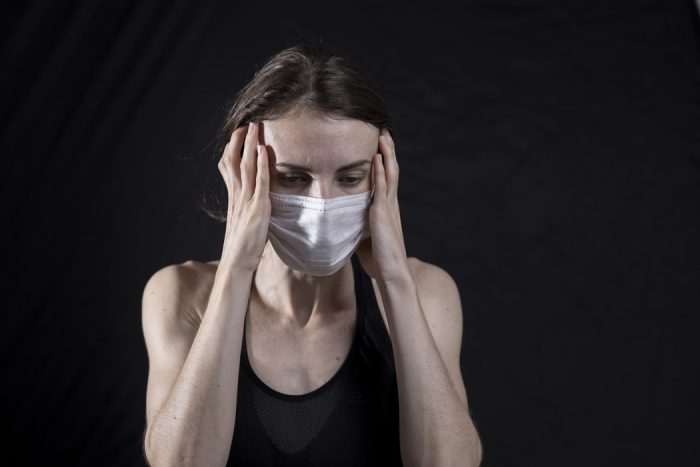Most of us experience some amount of social anxiety. We might feel a bit anxious before a big presentation at work or get nervous before a first date with someone we just met. But for some of us, social anxiety is a much bigger issue; we feel anxious before common events, like phone calls with family members or hanging out with our best friends. In some cases, social anxiety can stop you from living a healthy, productive, and fulfilling life.

Managing and reducing your social anxiety is crucial if you want to feel better and do more. So how do you do it?
Why It’s Important to Reduce Social Anxiety
Social anxiety is more than just being shy; it’s a complex set of both physical and mental responses to social situations. You may feel worried, short of breath, an impending sense of doom, and you may begin to sweat or experience a faster heartbeat.
In the short-term, all these symptoms are subjectively unpleasant, and they can stop you from doing things you enjoy with people whom you like. But these side effects are rather minor compared to the long-term issues that can stem from social anxiety.
If chronic, social anxiety can grow worse over time, negatively affecting the way you live, limiting your social interactions, and rendering you more vulnerable to certain physical conditions. It can even make you more likely to struggle with addiction – and make it harder to seek treatment for addiction.
How to Reduce Social Anxiety

There are many things you can do to reduce social anxiety in your life, ranging from simple and approachable to expensive and more complex.
For example:
- Practice breathing exercises. First, consider using the power of breathing exercises. Before an anxiety-inducing event, take a slow, deep breath, hold it for a 3-count, then release slowly and repeat. This will provide a steady supply of oxygen to your brain, relieve stress, steady your heart rate, and most importantly, give you something to focus on.
- Prepare for the interaction. Many people find it easier to deal with social situations if they’re prepared for the interaction. For example, before going to a restaurant, you can look up the menu online and review photos of the restaurant interior so you know what to expect. If you’re giving a presentation in front of other people, practice it several times and consider scoping out the presentation room before the big day.
- Take baby steps (and work your way up). Don’t overwhelm yourself by tackling big challenges immediately. Instead, start small and work your way up. For example, you might feel overwhelmed at the prospect of going on a date with a total stranger, but you can make small talk with strangers you encounter on a daily basis, like grocery store clerks or fellow pedestrians. The more you practice, the more comfortable you’re going to be while socializing with others.

- Address negative self-talk. Anxiety often stems from self-talk, the inner monologue that describes your life throughout the day. If you constantly make predictions that things are going to go wrong or beat yourself up for doing something embarrassing or making a mistake, it’s going to spur the onset of anxiety. Get ahead of this feeling by addressing your negative self-talk and replacing it with positive self-talk. For example, if you’re tempted to say to yourself, “that was stupid. You always mess this up,” say to yourself, “that was a silly mistake. But anyone could have made it.”
- Focus on something external. Social anxiety is inherently focused on the individual. If you’re focused on something external, you won’t be able to be plagued with persistent inner thoughts. Try counting the tiles on the wall or focusing on the song that’s playing in the background; getting lost in something else will make your persistent anxiety dissolve.
- Talk about your feelings. Next, consider opening up about your feelings, especially in the moment. Let your friends and family members know that you experience social anxiety – and tell them when your feelings begin to flare up. They can offer you reassurance and support.
- Get professional help. Most of us experience minor instances of social anxiety. But if anxiety is preventing you from working, building relationships, or living a fulfilling life, it’s a good idea to seek professional help. Talk to a therapist about what you’re experiencing and enlist their help in treating it.

Managing social anxiety is going to be challenging no matter what. But if you’re committed to living a healthier, happier life and getting these feelings under control, it’s entirely within your power to do it. Keep track of your progress and don’t be afraid to change up your strategies if your initial attempts aren’t making much of a difference.










